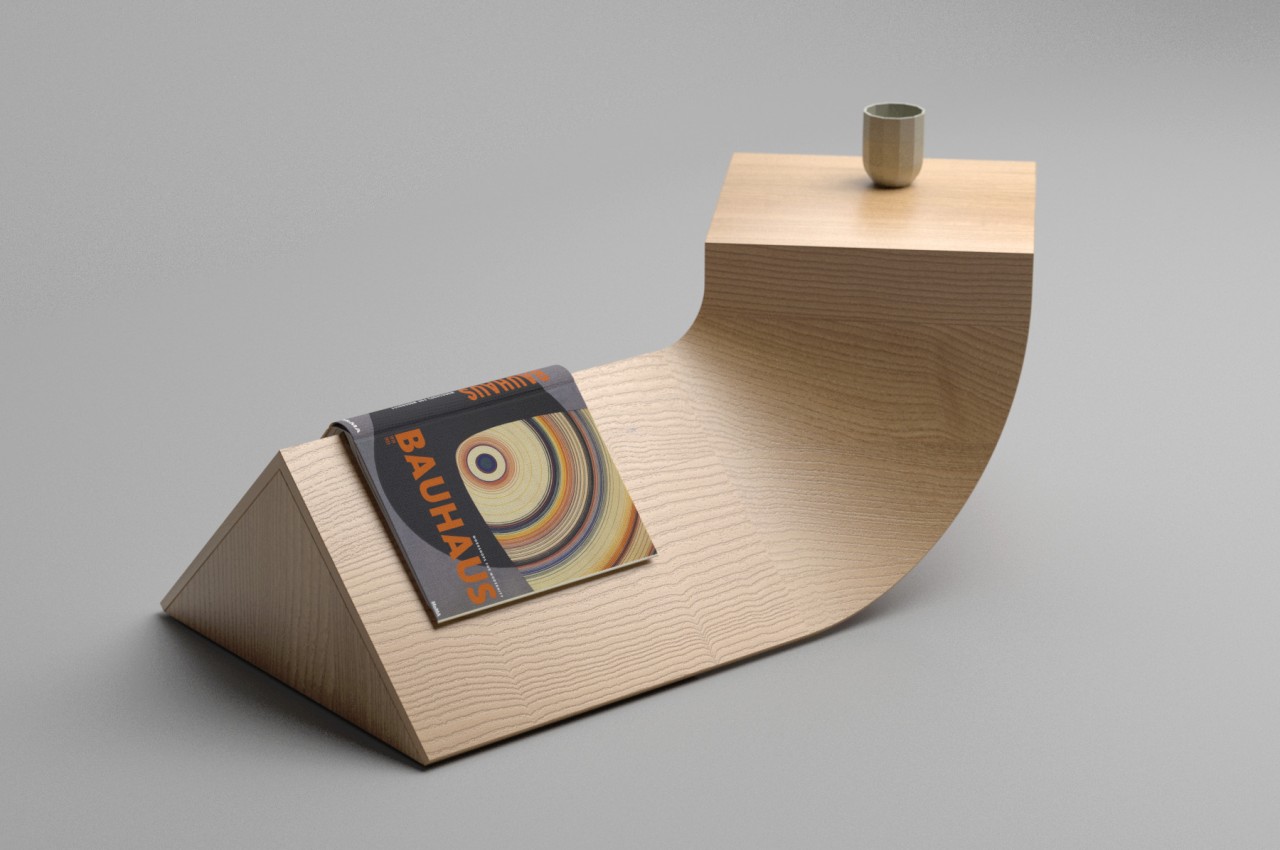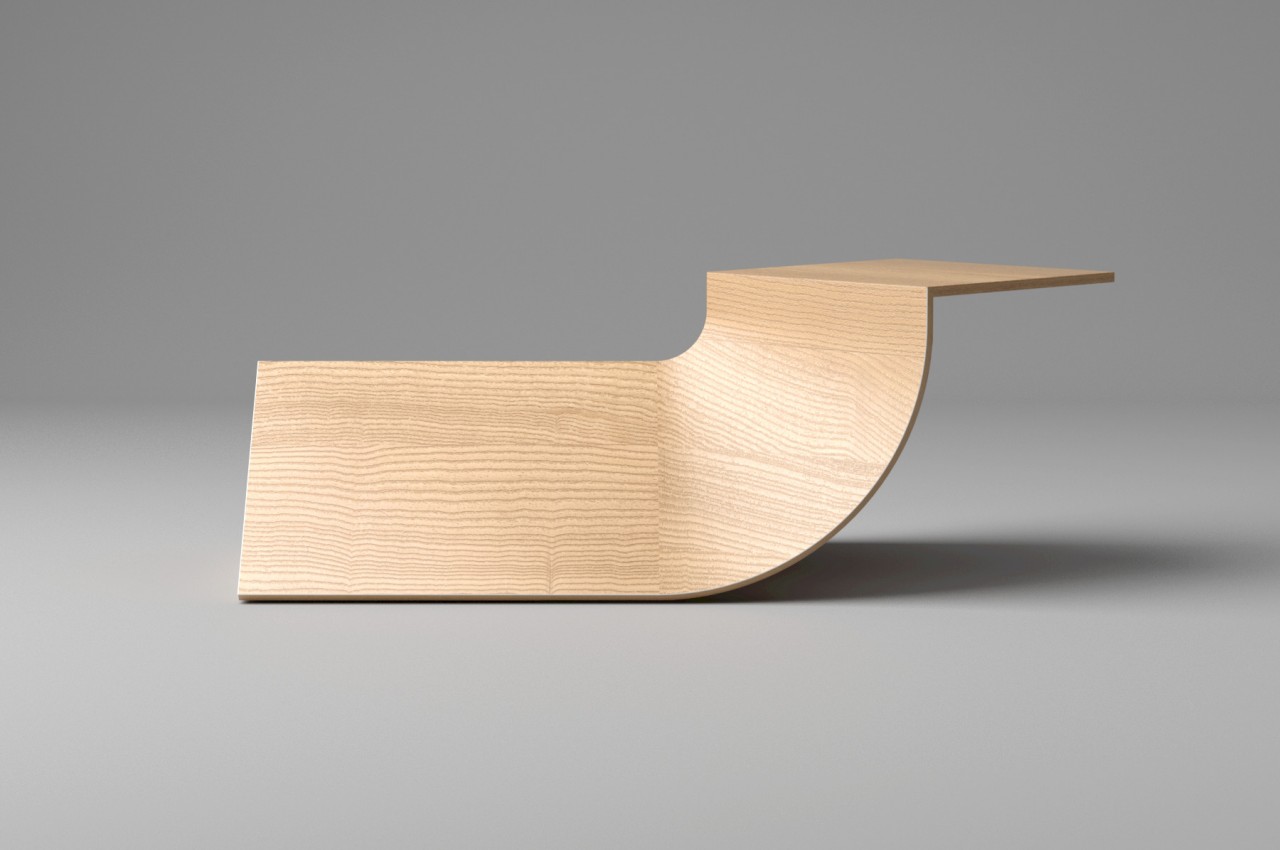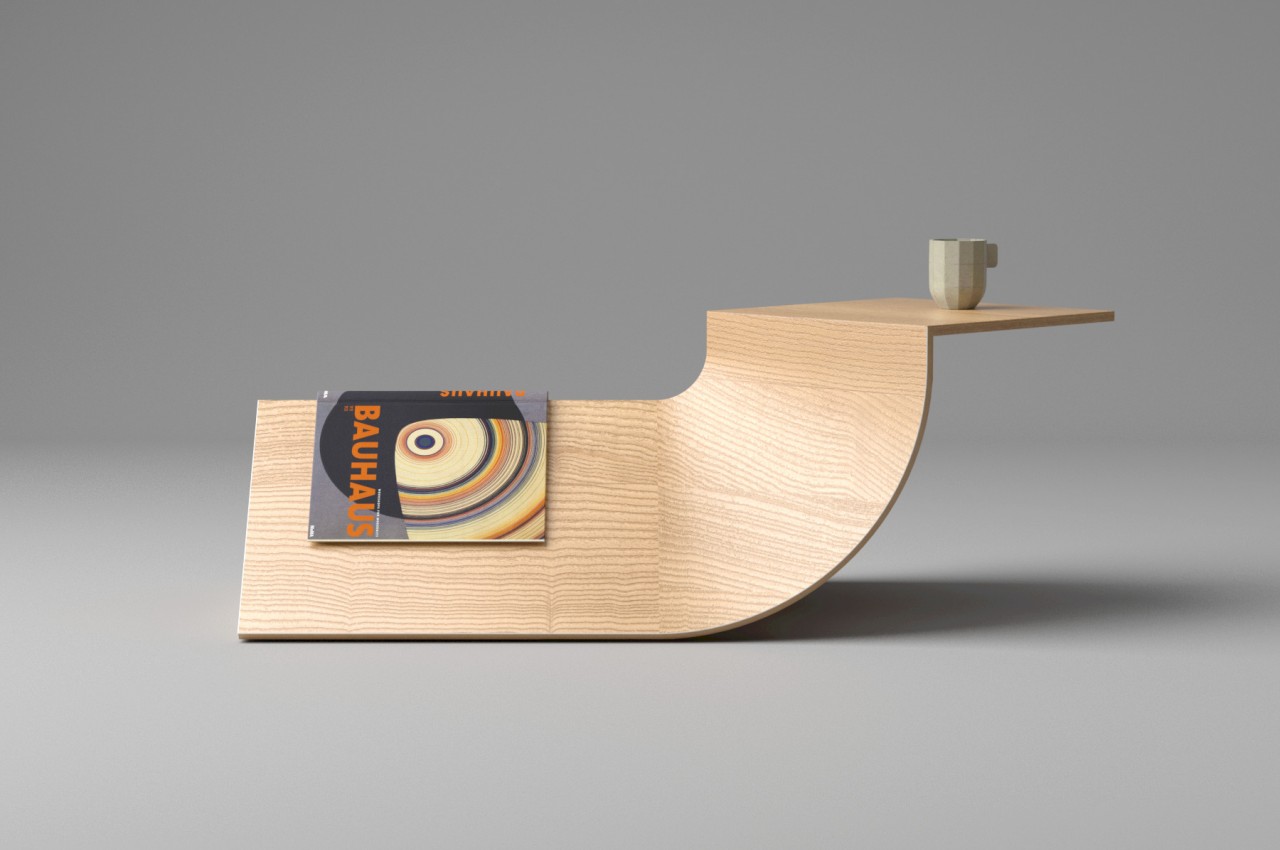
Furniture may have started out as purely functional objects, but they quickly transformed into decorative pieces that add some flavor to a given space. Sometimes that flavor is ornate and grandiose. Other times it can be unadorned yet elegant. Eye-catching features don’t always have to come from embellishments and accents. Sometimes, just the shape of the furniture can already be a conversation starter, especially if they come in weird forms or distinct appearances. This side table, for example, is reminiscent of an elusive mythical monster rising from the depths of a lake, but despite its odd shape, it actually has a few useful functions beyond just holding your coffee mug.
Designer: Deniz Aktay

The Loch Ness monster, sometimes affectionately called “Nessie,” is one of the most famous mysteries that have filled books and cameras over the decades, right next to Bigfoot and UFO sightings. It is commonly speculated to be an amphibious creature that raises its long neck above the water from time to time, leading to its now iconic silhouette.

Nessie is a side table whose name and shape leave no doubt as to its inspiration. What is also clear is that it’s a fine example of woodwork craftsmanship, considering the difficulty in producing its unconventional form. It is practically made of two planks of wood that curve upward to join a square tabletop at two of the latter’s adjacent edges. Since such a composition would normally topple over, a wooden triangular prism serves as the counterweight on the opposite end.
Despite its rather unusual shape, reminiscent of an animal sticking its neck up, each part of the side table’s design serves a particular purpose. The long triangular block, for example, acts as a bookmark for more than just one reading material. The empty space beneath the table top can also serve as a hiding spot for other items like small storage boxes.
As far as side tables go, Nessie definitely takes up more space and requires some planning on where to put it. That said, it isn’t wasted space either since every part serves a function. It might even be possible to extend the design to create some storage space inside the triangular end, with a door that easily lifts to reveal its contents.